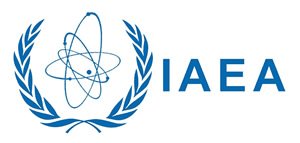RSS feed source: International Atomic Energy Association--Nuclear & Radiological Events
Radiation worker exposure exceeding 10 times the annual limit
Print View Posted on: 27 November 2025
Event Date: 01 September 2025 Event Type: Irradiation/Accelerator Facility Event Location: Czech Republic, Roztoky u Prahy, museum INES Rating: 3 (Provisional)
The museum in Roztoky near Prague operates an irradiation chamber that is used to destroy insects in collection items with gamma radiation. For this purpose, a sealed radionuclide source of Co-60 with an actual activity of 127 TBq on the date of the event is used.
On 1. 9. 2025, a radiation worker was exposed to radiation by entering the irradiation chamber to bring another object into it for irradiation at a time when the emitter was extended in the working position and irradiation was taking place. The worker was moving in a field of ionizing radiation for about 1 to 2 minutes. The worker was equipped only with a personal film dosimeter, he left the operational dosimeter in the office. After closing the shielding door, he realized his mistake and reported the incident to his superior.
After evaluating the personal film dosimeter that the worker was wearing, an effective dose of 320 mSv was
Click this link to continue reading the article on the source website.


